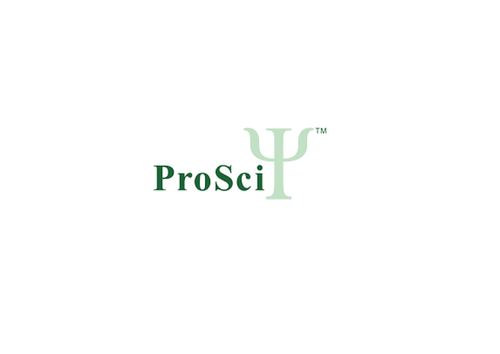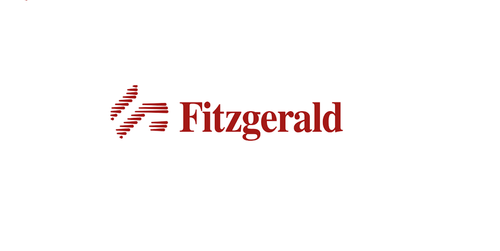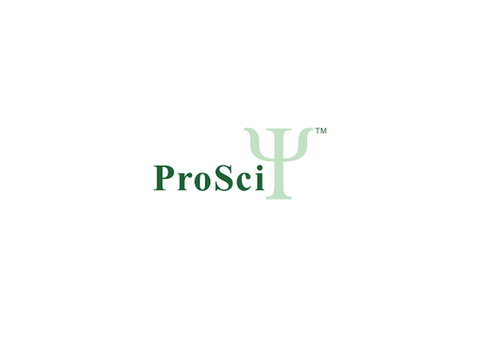Product Description
GCS1 Antibody | 61-369 | ProSci
Host: Rabbit
Reactivity: Human, Mouse
Homology: N/A
Immunogen: This GCS1 antibody is generated from rabbits immunized with a KLH conjugated synthetic peptide between 796-826 amino acids from the C-terminal region of human GCS1.
Research Area: Other
Tested Application: WB
Application: For WB starting dilution is: 1:1000
Specificiy: N/A
Positive Control 1: N/A
Positive Control 2: N/A
Positive Control 3: N/A
Positive Control 4: N/A
Positive Control 5: N/A
Positive Control 6: N/A
Molecular Weight: 92 kDa
Validation: N/A
Isoform: N/A
Purification: This antibody is prepared by Saturated Ammonium Sulfate (SAS) precipitation followed by dialysis
Clonality: Polyclonal
Clone: N/A
Isotype: Rabbit Ig
Conjugate: Unconjugated
Physical State: Liquid
Buffer: Supplied in PBS with 0.09% (W/V) sodium azide.
Concentration: batch dependent
Storage Condition: Store at 4˚C for three months and -20˚C, stable for up to one year. As with all antibodies care should be taken to avoid repeated freeze thaw cycles. Antibodies should not be exposed to prolonged high temperatures.
Alternate Name: Mannosyl-oligosaccharide glucosidase, Processing A-glucosidase I, MOGS, GCS1
User Note: Optimal dilutions for each application to be determined by the researcher.
BACKGROUND: GCS1 cleaves the distal alpha 1, 2-linked glucose residue from the Glc (3) Man (9) GlcNAc (2) oligosaccharide precursor in a highly specific manner. Defects in GCS1 are the cause of type IIb congenital disorder of glycosylation (CDGIIb) . This syndrome is also known as glucosidase I deficiency and is characterized by marked generalized hypotonia and hypomotility of the neonate, dysmorphic features, including a prominent occiput, short palpebral fissures, retrognathia, high arched palate, generalized edema, and hypoplastic genitalia. Symptoms include hepatomegaly, hypoventilation, feeding problems and seizures. The clinical course is progressive and survival is at most a few months.
 Euro
Euro
 USD
USD
 British Pound
British Pound
 NULL
NULL









![GCS1 Antibody (C-term) [APR31961G] GCS1 Antibody (C-term) [APR31961G]](https://cdn11.bigcommerce.com/s-452hpg8iuh/images/stencil/500x659/products/872206/1164273/logo__92149.1659788186__93233.1659868378.png?c=2)
![GCS1 Antibody (N-term) [APR31960G] GCS1 Antibody (N-term) [APR31960G]](https://cdn11.bigcommerce.com/s-452hpg8iuh/images/stencil/500x659/products/872205/1164272/logo__92149.1659788186__12931.1659868377.png?c=2)